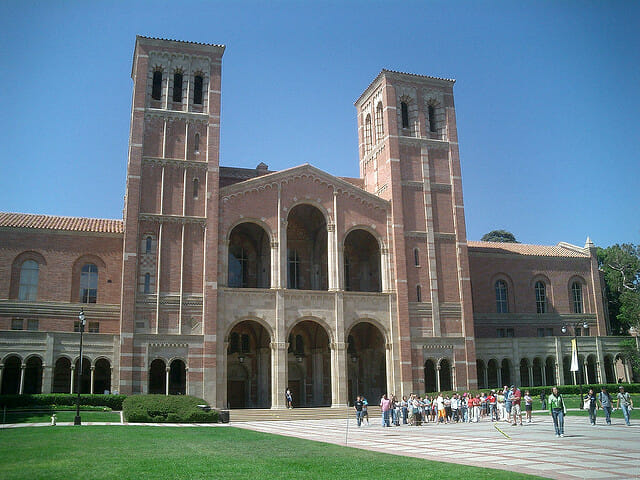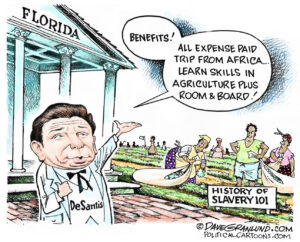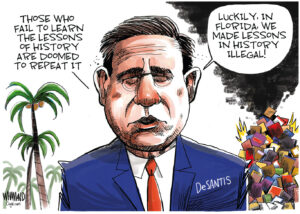Tens of Thousands of University of California Staffers Strike
Workers seeking better pay and benefits are quickly picking up support from other unions as well as students. Royce Hall at UCLA, one of the University of California campuses where workers are striking. (Alfred Essa / Flickr)(CC BY-SA 2.0)
Royce Hall at UCLA, one of the University of California campuses where workers are striking. (Alfred Essa / Flickr)(CC BY-SA 2.0)
More than 20,000 members of the American Federation of State, County and Municipal Employees Local 3299 are on day three of a labor strike, protesting what they characterize as unacceptable wages, health care costs and retirement benefits offered by the University of California system.
During contract negotiations, the union requested a 6 percent annual wage increase, in addition to protections for health and retirement benefits, but the university agreed to only 3 percent, sparking the strike.
“Our Bargaining Team has been negotiating in good faith,” union representatives said in a statement posted on Local 3299’s website, explaining the decision to strike. “UC still has yet to offer real wage increases, benefit protections, job security, safe staffing and ending discrimination in the workplace. Instead, UC wants us to take cuts.”
The strike is expected to end Thursday, according to a Los Angeles Times report. Custodians, gardeners, cooks, truck drivers, lab technicians and nursing aides have been joined in a sympathy strike by 14,000 members of the California Nurses Association, as well as “15,000 members of the University Professional & Technical Employees, who include pharmacists, clinical social workers, physical therapists, physician assistants and researchers,” the newspaper added.
The L.A. Times also reported Tuesday that the strike has caused UC medical centers to reschedule over 12,000 surgeries, cancer treatments and other medical appointments, as well as to cancel classes and cut dining services on some campuses.
These disruptions have so far done little to slow down the strike. The total number of striking workers is expected to reach 50,000.
“The growing divide between UC’s top administrators and the rest of UC’s workforce is far beyond what a taxpayer-funded institution should allow,” AFSCME Local 3299 President Kathryn Lybarger said in a statement released earlier this week. “What we now have is a public university that’s literally becoming a monument to inequality, and workers all over the UC system have had enough.”
The UC system strikes come on the heels of similar actions from public school systems as well as universities across the country.
In April, members of Columbia University’s Graduate Student Union went on strike for a week as Columbia’s top administrators refused to recognize the union and begin bargaining. That strike, as the union’s blog noted, included participation from multiple politicians and political candidates “from New York City Council members to [gubernatorial candidate] Cynthia Nixon to the President of Ireland.”
Another New York City graduate student union, at the New School, went on strike Wednesday morning, protesting multiple elements of the negotiating process for its first contract, particularly health care benefits. The New School strike is just getting started, and has not yet attracted the kind of attention from the media or politicians that Columbia’s strike drew.
Even in the most conservative, anti-labor states, educators have been at the forefront of a resurgence in activism around labor rights. In addition to the strikes at universities on the East and West coasts, elementary and secondary public school teachers in Arizona, Kentucky, Oklahoma and West Virginia have all used strikes to protest inadequate wages, working conditions and health and retirement benefits.
UC was unmoved as of the beginning of the strike, with one spokeswoman on Monday telling CBS News, “A disruptive demonstration will change neither UC’s economic situation nor the university’s position on AFSCME’s unreasonable demands.”
Your support matters…
Independent journalism is under threat and overshadowed by heavily funded mainstream media.
You can help level the playing field. Become a member.
Your tax-deductible contribution keeps us digging beneath the headlines to give you thought-provoking, investigative reporting and analysis that unearths what's really happening- without compromise.
Give today to support our courageous, independent journalists.








You need to be a supporter to comment.
There are currently no responses to this article.
Be the first to respond.